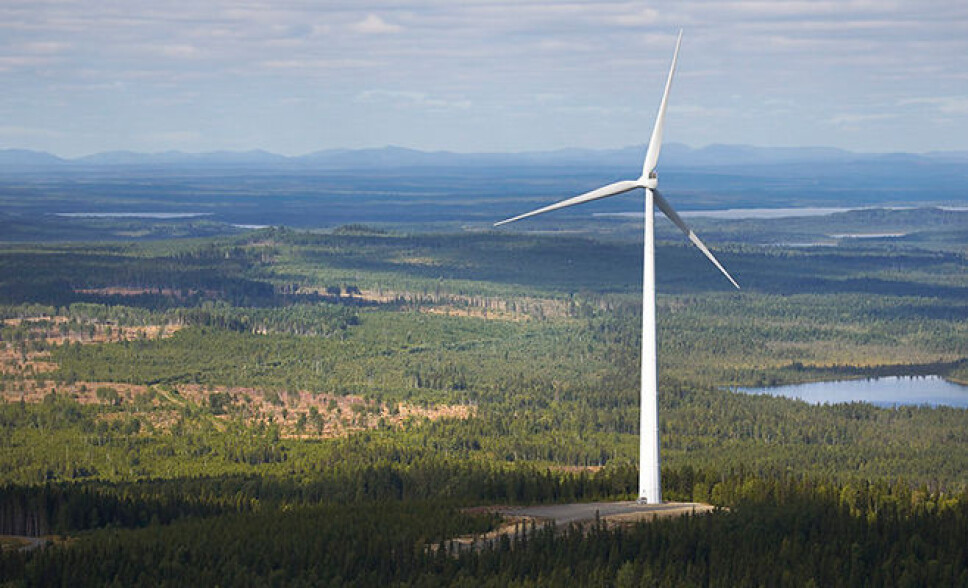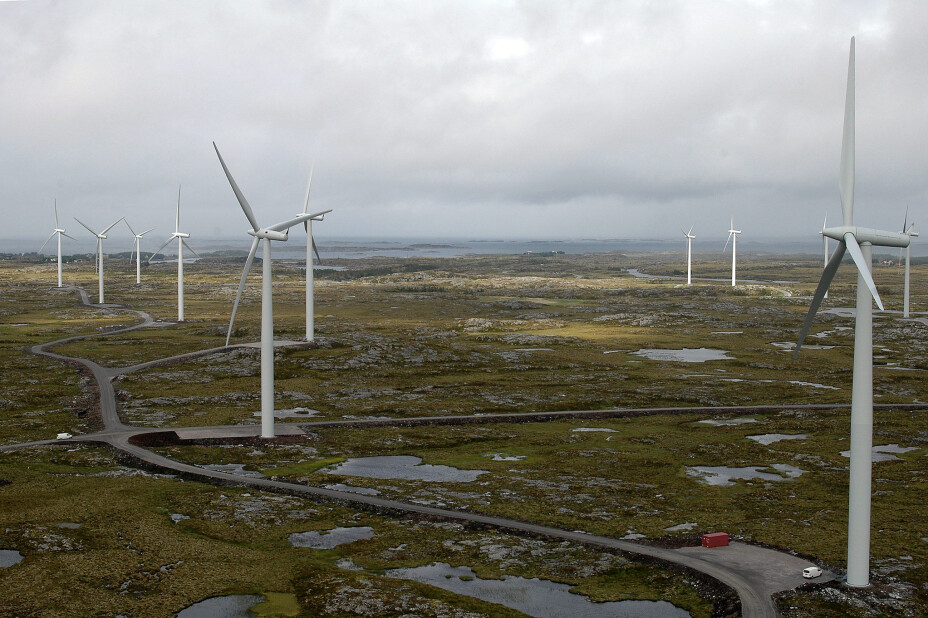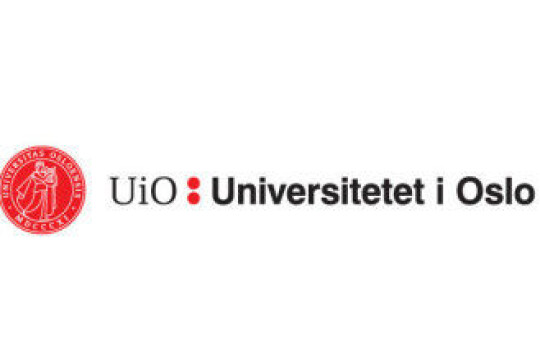This article is produced and financed by University of Oslo - read more

Why some municipalities accept windpower farms
Siting controversies has become familiar in windpower development. Researchers have examined why some Norwegian municipalities agree to host windpower. Three main factors stand out.
"Revenues generated from windpower projects, the potential for new jobs and greater activity for local business and industry are all listed as important local benefits and are chief motivations for communities who say yes to windpower projects", says researcher Tor Håkon Jackson Inderberg, at the Fridtjof Nansen Institute.
He is one of three authors of a recently published article on perceptions of fairness when it comes to windpower developments.

When asked why they had agreed to host windpower facilities, all municipality representatives mentioned the property tax as the major justification for welcoming windpower projects. For one municipality with around 1000 inhabitants and several large windpower facilities, this meant the equivalent of about €2 million per year.
Most of the municipality representatives highlighted the municipal role as service providers in education, health and infrastructure. The property tax made it easier for the representatives to provide good services in these sectors.
"As one representative explained, tax revenues and the new business opportunities related to windpower development could serve as a way of trying to turn the trend of a declining population", says Inderberg.
Property tax, and then climate change
A positive effect of new windpower projects on global environmental concerns has also been among the justifications for hosting windpower parks, although it has not been heavily emphasized.
Also mentioned were the EU's Renewable Energy Directive and Norway's commitment to produce renewable energy, and that helping to combat climate change was also seen as positive for the municipalities’ reputation.
"That is not to say that they ignored the negative consequences of windpower development on nature and landscape. Such concerns are important for the municipalities, but other concerns are more important in the complex weighing of pros and cons, including the weighing of different value-sets", Inderberg elaborates.
The negative consequences on local landscape and nature were considered “tolerable” when the economic compensation is “right”. The property tax as a form of local benefit seems to have had a strong effect in creating acceptability and perceived fairness for municipalities that host windpower plants.
Involvement in the process
Municipalities in this study were generally satisfied with their degree of involvement in the process. Several commended the work of the The Norwegian Water Resources and Energy Directorate in informing the local council and municipal administration about the licensing process, as well as the general public through open meetings.
"Real and meaningful inclusion in decision-making processes are recognised as important elements in local acceptance of windpower installations", says Inderberg.
Relative fairness and local expectations
However, in retrospect, several municipalities were disappointed at the community benefits resulting from windpower development.
In some cases, the projects had not provided as many jobs as expected, and community benefits agreements with developers were altered or not adhered to, deepening the sense of disappointment.
The results did not correspond to what the municipalities had perceived and expected as a fair outcome:
"Several interviewees mentioned the relative imbalance between compensation for windpower and for hydropower projects, where the latter had secured stable local incomes to a great degree – in contrast to windpower projects".

Providing welfare - municipality's primary role
Municipalities have to balance many complex interests. Although economic compensation used for welfare services cannot be said to compensate directly the damage to nature and the landscape, it is a way of supporting the municipality's primary roles.
"Nature protection is not seen as a key task of the municipalities in our study: far more dominant were their roles in welfare provision and in sustaining a stable local economy", says Inderberg.
These findings from Norwegian municipalities underline that the economic compensation can directly match the interests of some local actors.
"Even if a landscape is highly valued, there is at the same time also a genuine economic interest in the development of the energy producing facilities. For the actors studied here, the municipality has a role in securing a viable tax base as well as jobs and local economic development. Wind power development is seen as one way of securing this", underlines Inderberg.
Reference:
Inger-Lise Saglie et.al: What shapes municipalities’ perceptions of fairness in windpower developments?, Local Environment, 2020. DOI: 10.1080/13549839.2020.1712342


































